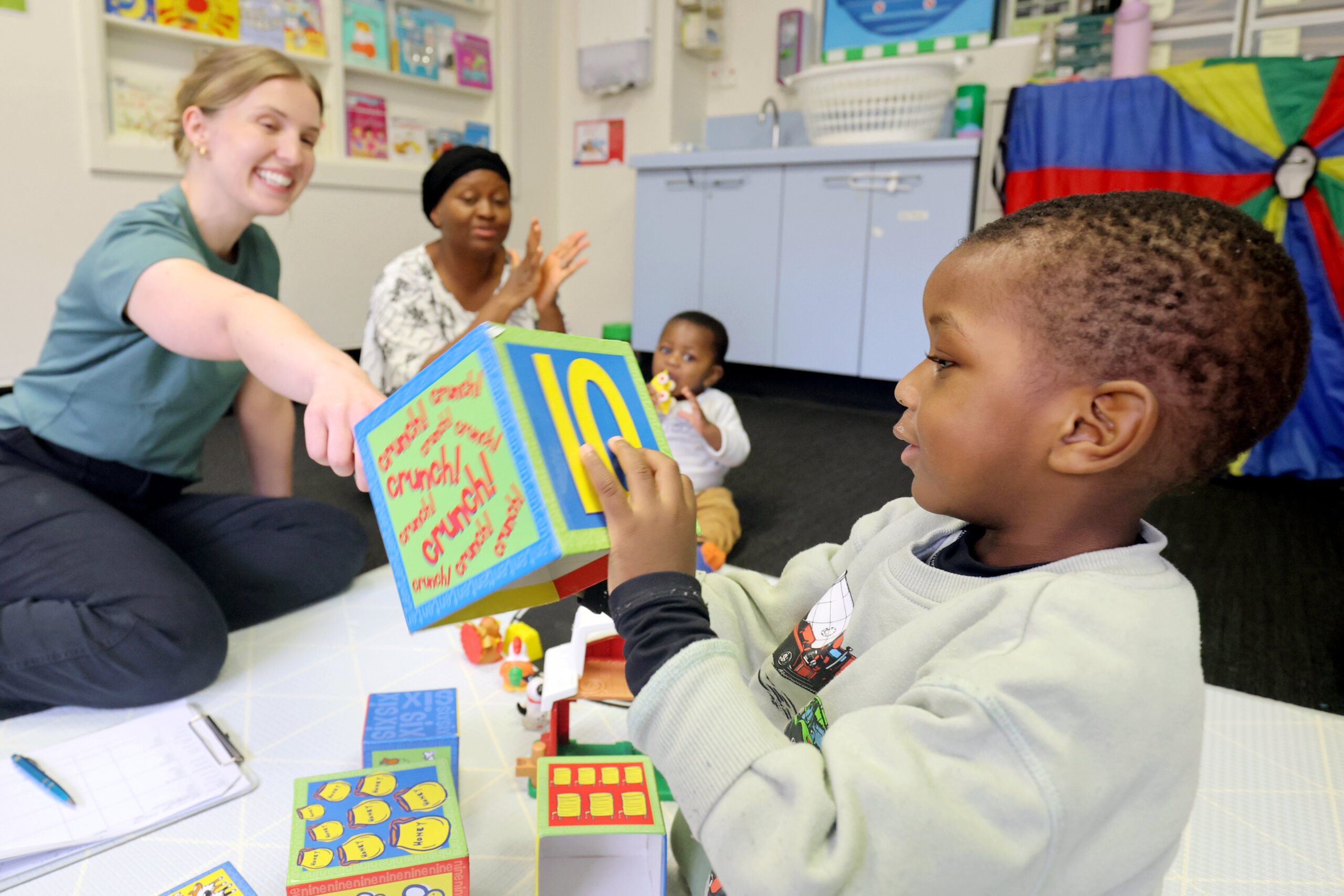This means their research can be more directly translated to meaningful patient outcomes.
Allied Health is a significant and vast body of health professionals across areas as diverse as physiotherapy, podiatry, occupational therapy, psychology, social work, speech and language therapy, orthoptics, orthotics and dietetics.
By supporting allied health research at Ingham Institute, you will have an immediate and direct impact on the quality of life of our community.

“We increasingly use health technology and AI in Allied Health research, as pathways to increased independence and quality of life for patients of all ages and backgrounds.”
Professor Grahame Simpson